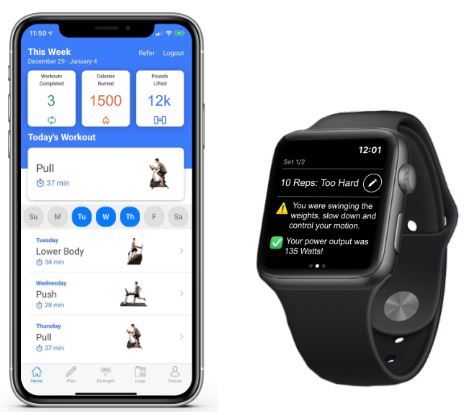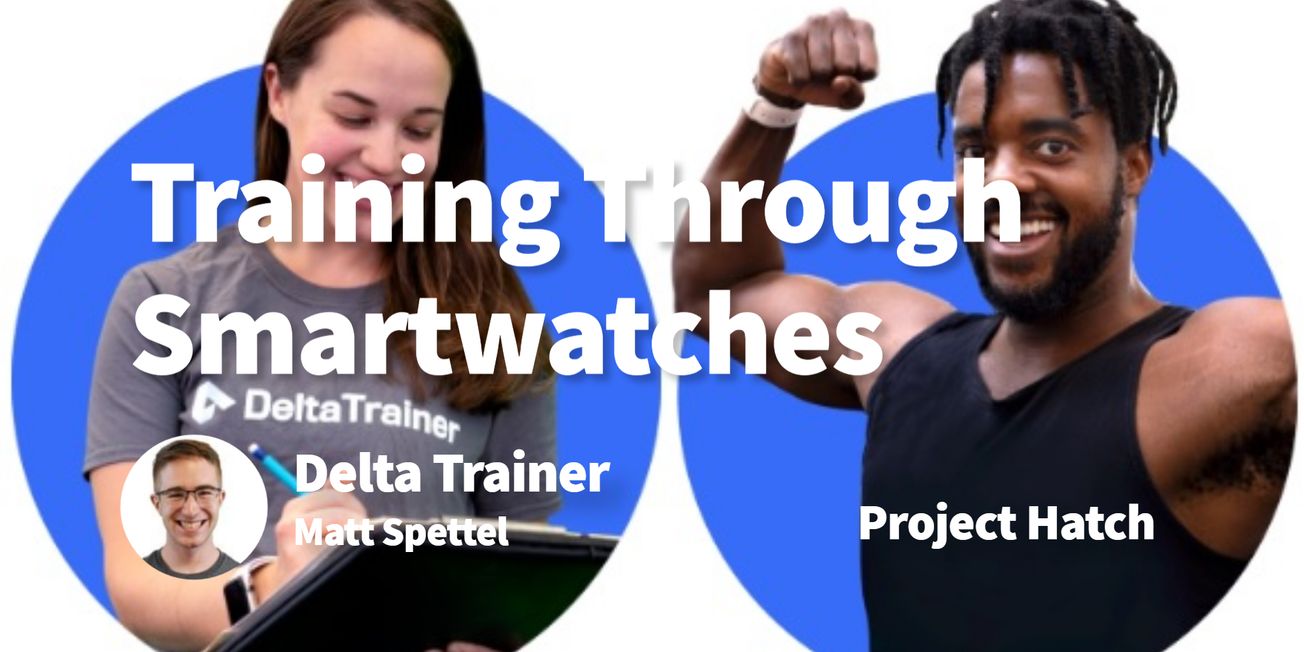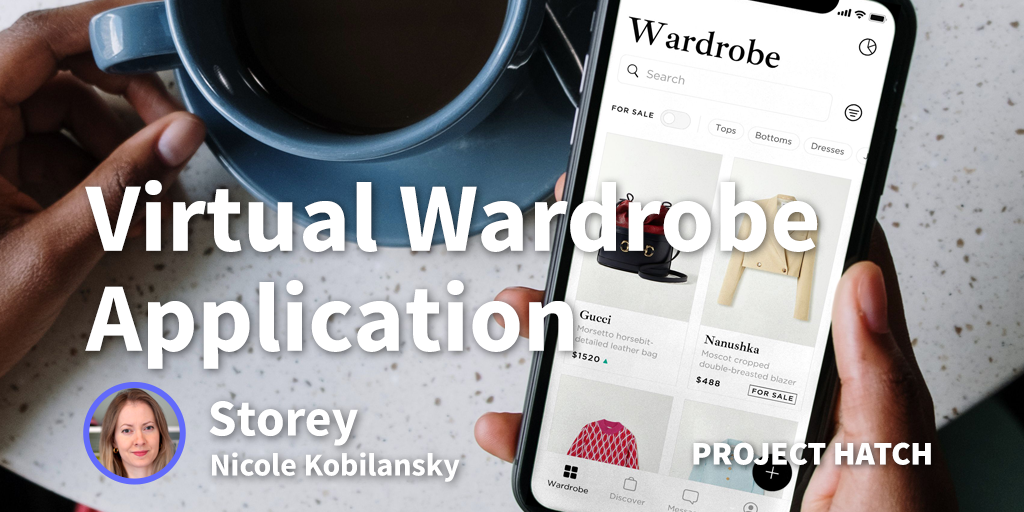The idea to build an automated fitness tracker was definitely a lightbulb moment. I was driving to work (an engineering internship at DEKA) and the idea to use motion data coupled with ML to track exercises popped into my head. This isn’t a huge surprise, given my cofounder Gabe and I are the nerdiest gym bros you’ve ever met.
We started out by building our own hardware devices but quickly found that the manufacturing and fundraising challenges of a hardware startup were intense and that there were better paths to bringing this experience to market. Around the same time we took on our first institutional investment from Matt Rogers at Incite Ventures, we ported our technology to the Apple Watch platform, where we have been focused since. Once our tech was working on the Apple Watch, we ran dozens of beta tests in a matter of months to explore user pain points and quickly iterate our solution. We found out early on in these tests that while automatic exercise tracking was cool it was a nice to have, not a need to have.People were not willing to pay on a recurring basis just to know what they did - they wanted more. That is when we made the decision to build a training product, not a tracking product.
How did you get your first three customers?
We brought on a team of elite personal trainers and used our technology to keep them in the loop as they train clients remotely. We went door to door (gym to gym) to acquire our first 50 customers, and were off and running. We’ve found this human + AI training hybrid presents a compelling value to our users.
To date, we have raised $525k from angel investors, universities, and early-stage VCs.
What percentage of customers finish the training?
We have 95% customer retention month over month.
We get a lot of jokes about people using our tracking to record non-fitness movements that are more “pleasure” focused. I don’t think we’ll be implementing this anytime soon though.
How did you fund the idea initially?
The idea was initially funded by small grants from our schools (Carnegie Mellon and MIT). I met Gabe back in our junior year of highschool. We attended the same nerdy summer program to study engineering together. Gabe walked in as a state-champion decathlete, whereas I had never set foot in a gym - ultimately, we met somewhere in the middle and have been competitive best friends ever since!
Did you run any companies prior?
I had two small startups before (the first dating back to my highschool days). The first was ChemiCube, a classroom pumping system for chemistry classes that automates measurements, dilutions, and titrations. The second was InvenTower, an IOT inventory system that directs customers to items in retail stores with interactive lighting. I would say both of these were “student startups” and never really got off the ground. DeltaTrainer is the first one that I’ve put everything I have into.
My parents and friends have always been amazingly supportive. I think my parents were a little worried when I considered dropping out of school with only 1 semester left, but I ended up finishing it, so they’re happy!
Do you have any advice for someone just starting out?
My advice to founders getting started is simple: make sure you’re in it for the right reasons and then give it all you’ve got. I see a lot of “wantrepreneurs” at Carnegie Mellon - people who want to raise money or talk about startups or get rich, but not actually build shit that people need. If you’re doing a startup for those reasons, your motivation/drive will not last. When you hit rock bottom, you’ll quit. You need to hit the bottom and say “this is awesome! We know where the bottom is!” if you want to make it in startups.
What has driven the most sales? Did you advertise through social media?
What has always drawn the most sales for any company I’ve worked on (in B2C) is press. It’s free, the reach is wide, and it is far more engaging than ads.
How do you protect yourself from competition?
When you’re really small it doesn’t make sense to think about the competition other than to learn from their failures. But otherwise no one is watching your little start up. Worrying about competitors is going to distract you from what’s important - finding people who love what you offer.
We have a provisional patent filed on our exercise tracking technology.
What are the top 3-5 apps your business could not run without?
Git, quickbooks, and slack. Code, money, and communication are important!
What are your favourite books and podcasts?
- “Traction: How Any Startup Can Achieve Explosive Customer Growth”
- Read these two articles to get the gist 1 & 2
- “The Mom Test”
- “How I Built This” is always a fun listen
Are there any releases you can tell us about?
Yes! We have a launch coming on March 2nd. We’ll be releasing our premium training system. You can find out more here at our site. We’ll pair you with an elite trainer that will have complete visibility into your workouts via our proprietary Apple Watch AI motion tracking. Ultimately we discovered that you can’t completely replace human trainers with AI though. There’s a lot at which AI still is still horrible. For example, it’s pretty easy to ignore a free chatbot that tells you to work harder, but it’s a lot harder to skip a workout and ignore a real person that you are paying to help you. DeltaTrainer combines the power/efficiency of technology with the accountability and experience of real trainers.

Long term, we absolutely plan on making the training available on more smartwatch devices, enabling Android users to train as well. Most smart watch owners have an Apple Watch, so that’s where we are focused at the moment.
Would you ever sell?
I would sell if I truly thought that was what was best for our employees and investors. We don’t have any plans to sell soon, but several large wearable manufacturers have expressed interest in us from very early on.
| Company Name: | Delta Trainer |
|---|---|
| Founder: | Matt Spettel |






